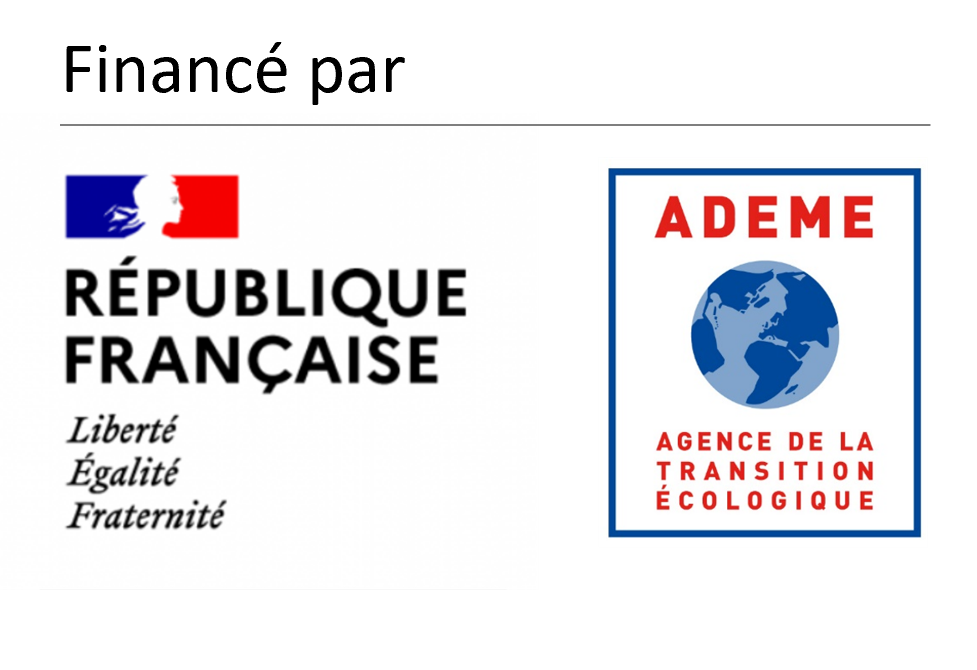
BFIeP

2021 - 2024: Regional project for the prefabrication of a low environmental impact concrete
The National Low-Carbon Strategy guides the construction industry towards a low-carbon, circular and sustainable economy to combat climate change:
- Develop the circular economy (eco-design, reuse, recycling) allowing the marketing of products with a complete life cycle that emits less and performs better;
- Enhance the eco-design of products (durability, modularity, reparability, recycling);
- Substitute alternative materials that emit less greenhouse gas for materials that emit more;
- Increase the recycling and reuse of materials.
Based on these recommendations, the BFIeP or Low Environmental Impact Concrete Precast project, has several objectives:
- Develop recycling in industrialized building construction
- Putting on the market an innovative product that goes beyond the current standards
- To create a precedent to compete for a future Technical Notice
- Exemplarity of the Public Project Management
- Development of expertise in low-carbon concrete and recycled materials
- Scientific validation of the approach through a Life Cycle Assessment (LCA)
Expected results
- Methodological: Recycled aggregates, waste recovery, complete recycling in closed circuit, prefabricated product with integrated insulation
- Economic and social: Continuation for the concrete industry and integration of the industrial site in the natural setting and preservation of the rural landscape
- Environmental: reduction of the use of natural resources, minimization of the waste produced
The demonstrator building constructed will be a first experiment in Normandy using this environmental approach. It will benefit from a permit to experiment and will then serve as a reference for future buildings (validated by a Technical Opinion). A technical follow-up will be carried out by the ESITC Caen laboratory to evaluate the positive impacts of this construction method on buildings.
Project partners

This project was made possible thanks to the support of the Programme d'Investissement d'Avenir and of the Agence de la Transition écologique (ADEME) with 56% of the budget, i.e. nearly 1 million euros.
Crédit photo : CANVA